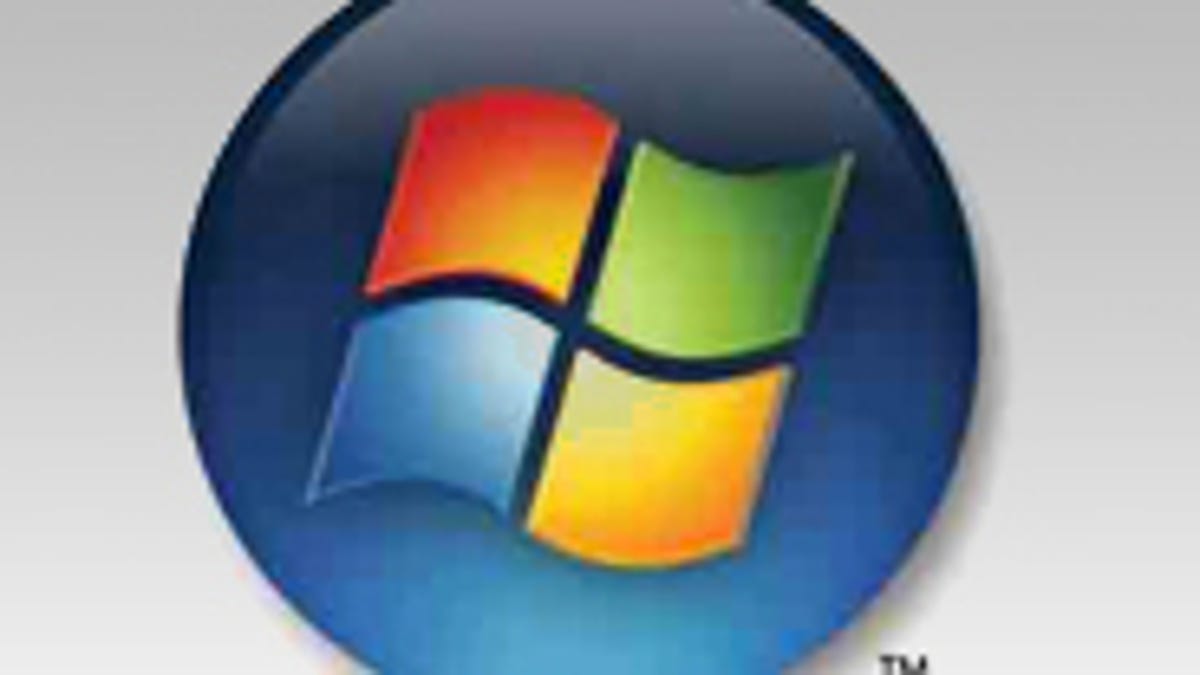The case for the $50 Windows 7 upgrade
Microsoft might be releasing Windows 7 this year and that means talk about upgrades is back. Don Reisinger thinks $50 is a fair price for an upgrade to Windows 7.

According to CNET News reporter Ina Fried, Microsoft might release Windows 7 in 2009, although the company's representatives still won't say whether that rumor is true.
In conjunction with that report, Fried also said that Microsoft is putting the "finishing touches on a program to offer Vista buyers a free or low-cost update to Windows 7. That program could kick off as early as July, sources said."
TechArp published what it says are Microsoft's latest plans for its Windows 7 upgrade. The publication says that anyone who purchases Vista between July 1, 2009, and January 31, 2010, will be eligible for a free upgrade to Windows 7. Windows Vista Home Premium users will receive Windows 7 Home Premium, Windows Vista Business users will get Windows 7 Professional, and Windows Vista Ultimate users will receive Windows 7 Ultimate.
TechArp's findings are interesting, but they don't answer a key question: how will Microsoft treat all those Vista users who purchase its operating system prior to July 1, 2009? Ostensibly, they will be forced to pay an upgrade fee, which if it's anything like Vista's upgrade costs, could be as little as $99.95 or as much as $219.95.
That's expensive. This time around, Microsoft should set a flat fee of $50 for a Windows 7 upgrade.
When Windows Vista was released, XP had been on store shelves for five years and Microsoft's new operating was a stark contrast to the software it was replacing. Vista looked different, worked differently, and was expensive. Very expensive.
Microsoft needed to see a return on that investment and charged a relatively high price to upgrade from XP to Vista. It wasn't cheap, but it was understandable: Vista was a major upgrade.
But soon after its release, consumers and the enterprise realized that Vista wasn't an ideal operating system. In fact, more than two years after its launch, Vista has yet to capture 30 percent market share in the OS space, while XP still commands a 64 percent share. Worse, less than 10 percent of enterprise computers in North America and Europe are running Vista. Suffice it to say that Vista isn't very well liked.
And that's precisely why Microsoft should extend an olive branch to current Vista owners and offer them an upgrade to Windows 7 for $50, regardless of the version they purchased.
What would it hurt? Sure, Microsoft might lose some revenue initially, but once those Vista users migrate to Windows 7 and realize how much better of an operating system it is, Microsoft will ensure that all those users will be the first in line to buy the next Windows OS. In essence, that $50 upgrade is guaranteeing greater future revenue.
Over the past two years since Vista's release, Microsoft's public image has been hit hard. Part of that is due to Apple's successful "I'm a Mac and I'm a PC" ad campaign, and part of that is due to the fact that Microsoft lost support when it released Vista and consumers saw it for what it was: a bloated mess. What better way to repair its image than to offer a highly affordable upgrade to Windows 7?
Microsoft shouldn't look at Windows 7 as a money-maker when trying to capitalize on Vista users, but as an opportunity. Microsoft has an opportunity to say to Vista users, "hey, look, we screwed up with Vista and we know you may be upset with it, so here's our offer: buy up the comparable version of Windows 7 for $50. It's our way of saying 'Thank you for sticking with us.'"
Sometimes, it's better to acknowledge a mistake and extend an olive branch than continue on without considering the ramifications of doing nothing. Microsoft has an opportunity with Windows 7 to repair strained relationships with consumers and businesses. It can't miss it.
Check out Don's Digital Home podcast, Twitter feed, and FriendFeed.

